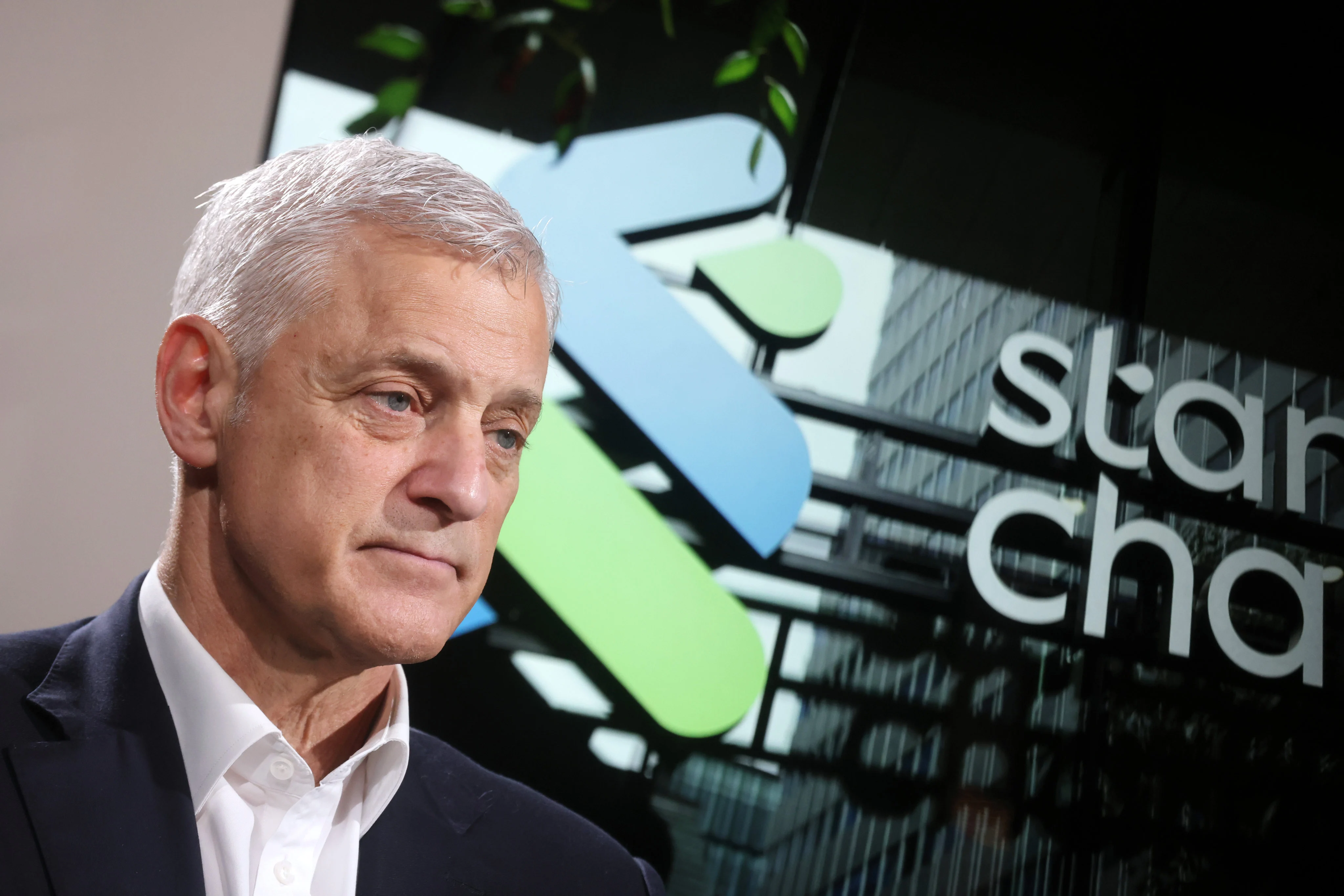Copyright scmp

Standard Chartered is positioning Hong Kong as the centre of its digital finance ambitions as it seeks higher returns and prepares for a blockchain-driven future, according to CEO Bill Winters. In a recent interview in Hong Kong, Winters highlighted the city’s pioneering regulatory framework, which he said fostered experimentation with blockchain technology – an innovation that could add value to the financial sector. Winters praised the Hong Kong Monetary Authority (HKMA) for its various pilot projects and regulatory sandboxes, including initiatives on tokenised deposits, wholesale central bank digital currency and stablecoins, which enabled market participants to adopt blockchain technology safely and efficiently. In its latest move, the HKMA launched a five-year fintech strategy last week aimed at building a financial tokenisation ecosystem, among other initiatives. As one of the city’s note-issuing banks, Standard Chartered has taken part in the HKMA’s sandboxes, which allow new blockchain technology to be tried out in a test environment. While blockchain could reduce service costs and fees, the bank remained committed to this direction, Winters said. “We’re going to remain ahead on digital technology, and what we lose in margin, we’re going to make up in volume by providing a better service to our customers,” he said. “Ultimately, people will prioritise moving money securely, efficiently and cheaply – financial markets always find a way”. Winters added that the bank would strictly adhere to regulations combating money laundering and fraud. In the third quarter, Standard Chartered’s net profit rose 10 per cent to US$1.03 billion, surpassing analysts’ expectations. The growth was primarily driven by a focus on capital-light, high-return and rapidly growing sectors such as wealth management, cross-border activities and digital finance, according to the bank. “Those areas are less capital-intensive, higher-returning and fast-growing, so we’re happy to keep deploying resources there,” Winters said. The bank’s third-quarter fee and non-interest income increased 7 per cent year on year to US$3.7 billion. Since the earnings announcement on October 30, Standard Chartered’s shares have surged over 6 per cent, bringing the year-to-date increase to more than 70 per cent. When asked about the possibility of increasing dividends versus share buy-backs, Winters said, “We’ll reassess and communicate any rebalancing at the full-year results.” “We’re now trading at about 1.2 times book [value] and roughly seven times forward earnings. I still buy the stock myself, so I don’t think we’ll dispose of buy-backs altogether or even materially reduce them. We still believe it’s a very good thing to be buying.” Hong Kong would continue to be a major recipient of Standard Chartered’s investments in its affluent business across Asia, the Middle East and Africa, as well as in the growing cross-border activities in these regions, according to Winters. The bank plans to invest US$1.5 billion in its wealth management business over the next five years. “We run our retail business and develop technology and products from here,” he said. “It’s big, fast growing, high-returning and very sustainable as global wealth continues to aggregate in Hong Kong.” The city also serves as the bank’s hub for financing related to China’s Belt and Road Initiative and for yuan sales and trading. “Hong Kong plays both a direct role for us and a facilitating role for ‘China in and China out’, which is the objective of ‘one country, two systems’.”



